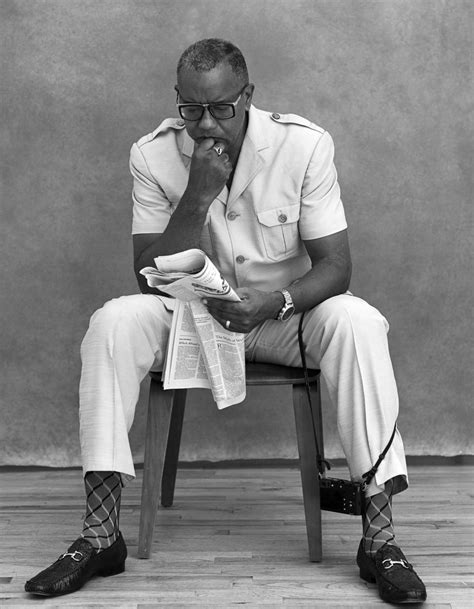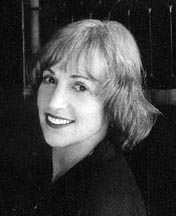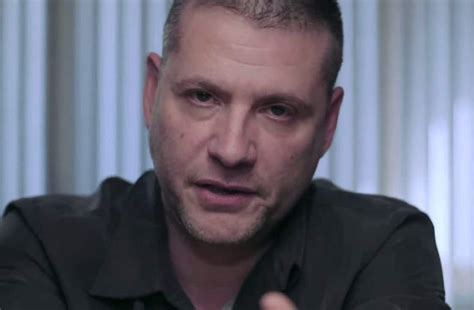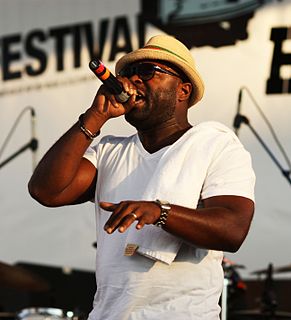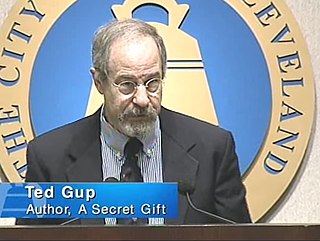A Quote by Jamel Shabazz
I place myself in situations where a lot of people are going to be, and bring a particular body of work that reflects the people already there. You have to study your subject.
Related Quotes
That's the strangest thing about this life, about being in the ministry. People change the subject when they see you coming. And then sometimes those very same people come into your study and tell you the most remarkable things. There's a lot under the surface of life, everyone knows that. A lot of malice and dread and guilt, and so much loneliness, where you wouldn't really expect to find it, either.
Basically, I'm a perpetual student. I start by finding a subject I really don't know very much, but that I'm curious about. I learn about it through books in a library, by doing interviews with people who know a lot about the subject, and by going out on my own and seeing for myself what's happening.
There's an element of realism to it. I immersed myself more in the subject as a young adult. Then I started to get involved with a lot of people that were involved in it, and they would just bring me along basically. And I learned and decided that my Christian charity, what I wanted to do to serve God's will, was to help people that were ensnared by the demonic.
You think of it [voicing] as something where you not only don't //need// your body, but you don't even have it to use! There's nothing you can do with your body that's going to show in the final product. Maybe that's all the more reason I used my body so much to get whatever noise or sounds out of it I could. When it was needed to keep the energy up I found myself almost running in place! It is very physical.
Every effort is made to control information. Secrecy is just one of the toggles on their control board. The mindset is in place, and they've done a lot of hiring over eight years, not just political appointees. And they've done a lot of firing or driving people out who might have countermanded or resisted. So, institutionally, it's not going to be simply a matter of flipping the switch to undo it. You're going have to bring in people dedicated to transparency, and you have to demonstrate that there are rewards for candor.
